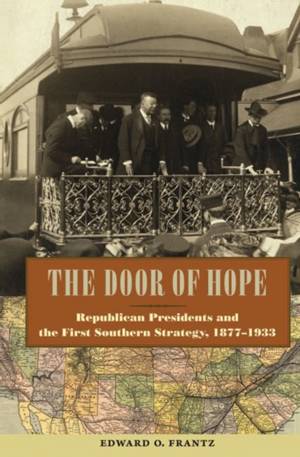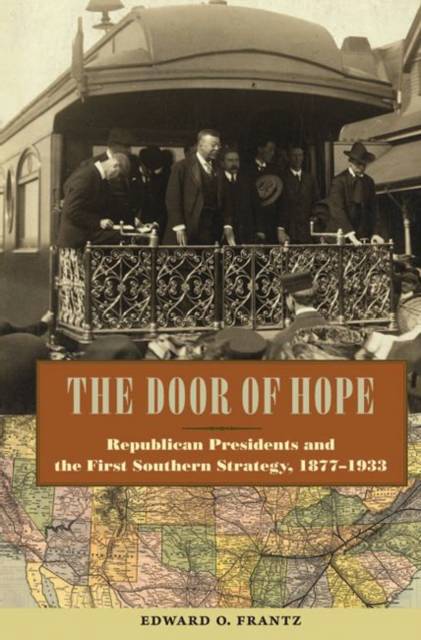
- Retrait gratuit dans votre magasin Club
- 7.000.000 titres dans notre catalogue
- Payer en toute sécurité
- Toujours un magasin près de chez vous
- Retrait gratuit dans votre magasin Club
- 7.000.0000 titres dans notre catalogue
- Payer en toute sécurité
- Toujours un magasin près de chez vous
Description
How did the political party of Lincoln--of emancipation--become the party of the South and of white resentment? How did Jefferson Davis's old party become the preferred choice for most southern blacks? Most scholars date these transformations to the administrations of Presidents Eisenhower, Nixon, and Reagan. Edward Frantz challenges this myopic view by closely examining the complex and often contradictory rhetoric and symbolism utilized by Republicans between 1877 and 1933.
Presidential journeys throughout the South were public rituals that provided a platform for the issues of race, religion, and Republicanism for both white and black southerners. Frantz skillfully notes the common themes and questions scrutinized during this time and finely crafts comparisons between the presidents' speeches and strategies while they debated the power dynamics that underlay their society.
This fresh and fast-paced volume brings new voices to the forefront by utilizing the rich resources of the African American press during the administrations of Presidents Hayes, Harrison, McKinley, Roosevelt, Taft, and Hoover. Although these Republicans ultimately failed to build lasting coalitions in the states of the former Confederacy, their tours provided the background for future GOP victories.
Spécifications
Parties prenantes
- Auteur(s) :
- Editeur:
Contenu
- Nombre de pages :
- 310
- Langue:
- Anglais
- Collection :
Caractéristiques
- EAN:
- 9780813044477
- Date de parution :
- 15-11-12
- Format:
- Livre broché
- Format numérique:
- Trade paperback (VS)
- Dimensions :
- 152 mm x 229 mm
- Poids :
- 462 g

Les avis
Nous publions uniquement les avis qui respectent les conditions requises. Consultez nos conditions pour les avis.






